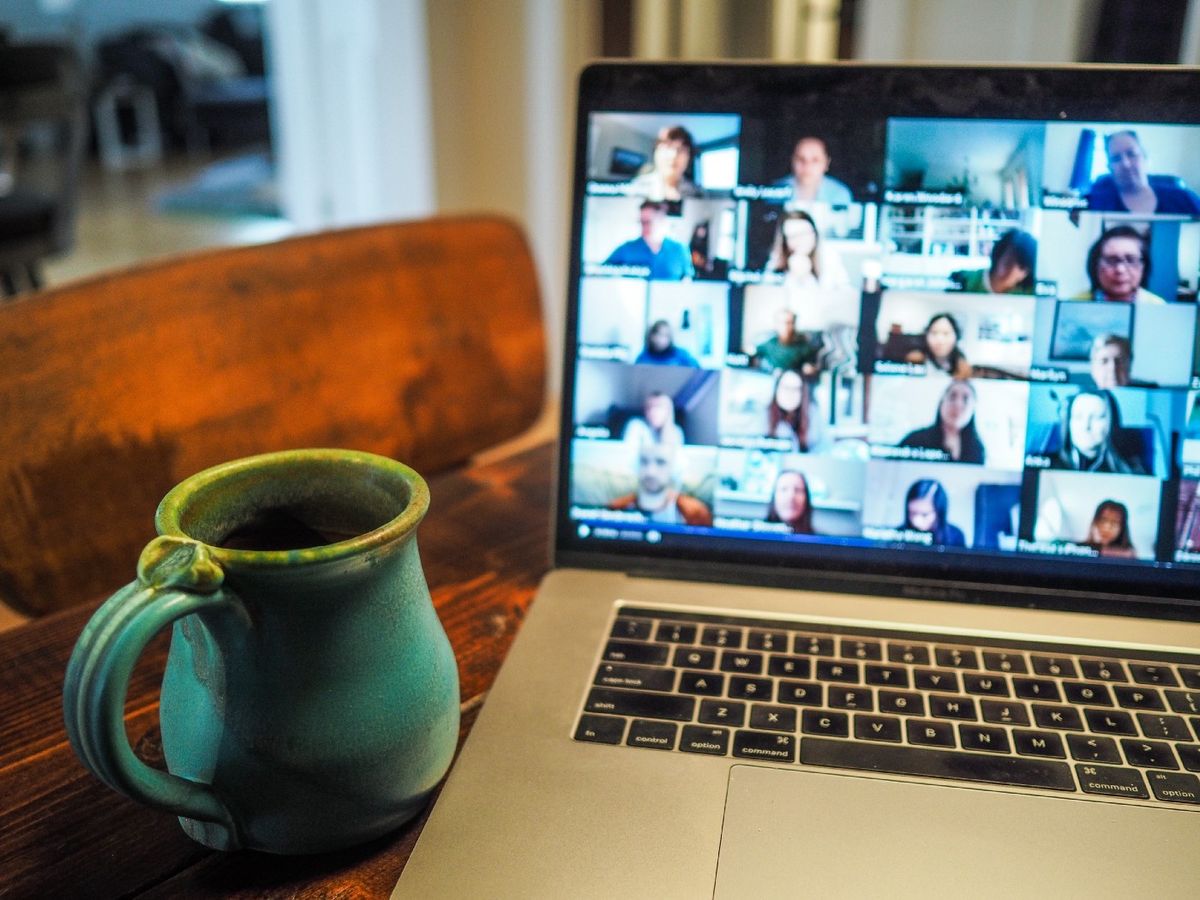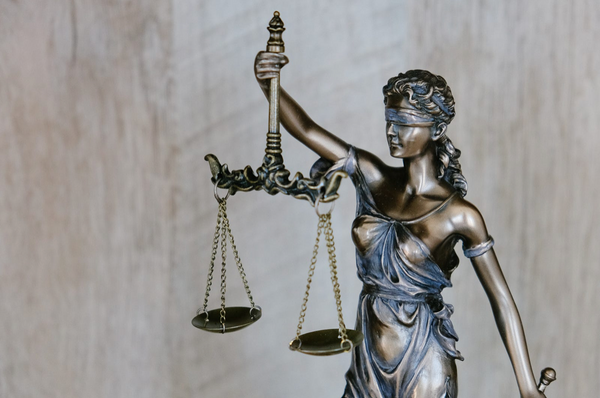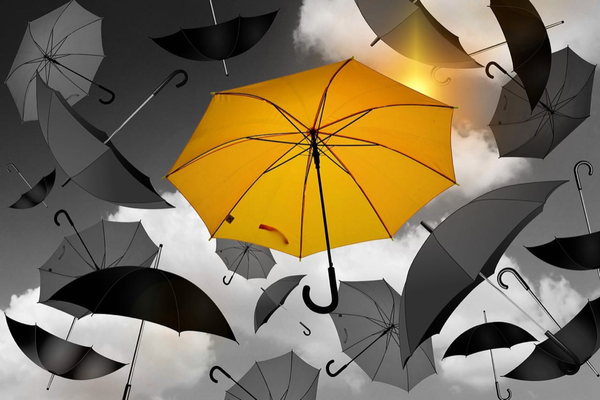Earlier this week I teleconferenced—as a guest—with a group of white folks from my alma mater working through a curriculum about allyship.
In situations where I’m a guest, my approach to talking with white people about racism is pretty laid back. I give folks the opportunity to voice their opinions so I gain a little insight into where they might fall on the racist-anti-racist continuum. When the opportunity presents itself, I take the floor and then drop a few well-chosen words.
I’m not giving the group a pass, but I was rather impressed by the lot of them. During the meeting, the members of the group demonstrated a fair amount of trust with one another. They developed an ability to speak openly and respectfully with one another—which is a boon to any conversation about racism.
Group members presented and took ownership of real-life instances of getting it wrong, failed attempts at getting loved ones to board the equality train, and how exhausting acknowledging, excavating, and exorcising their own racist beliefs and practices can be.
Over the course of the meeting, we touched on several topics, but I was able to give them a few nuggets to take with them:
- Know that when you serve as an ally you will get it wrong. More than once. More than twice. When you do, recognize what you did wrong, own it (without tears or fanfare), apologize, and do better next time.
- To serve as an ally is the decision you make the moment you encounter racial inequity. Allyship answers the question: How can I use my talents, gifts, and/or access in supporting this person/group in achieving racial equity? Sometimes it’s as simple as speaking out in the moment, other times it’s the birth of a new strategy or initiative.
- Allyship is never about “you” or what “you’re doing.” It’s not performative or a one-off, and there’s no merit badge given. The work is the reward. It’s about helping the marginalized people/person you’re supporting.
- Be prepared. Do your own research and don’t be surprised if we Black people are unwilling to relive our trauma in order to teach you what is freely available on the internet.
- Serving as an ally is a lifelong commitment.
Was this group the world’s best group of allies? No. You show me that group and I’ll show you a group of delusional, self-absorbed people. But these people were open to recognizing their shortcomings, learning more, and doing better. And that’s saying a lot.
It’s easy to dismiss people out of hand because they’re not as familiar with concepts that Black, Indigenous, and People of Color and their allies and accomplices understand from lived experience. We all need just a little grace and a little wiggle room to grow into our better selves.
Photo by Chris Montgomery on Unsplash












